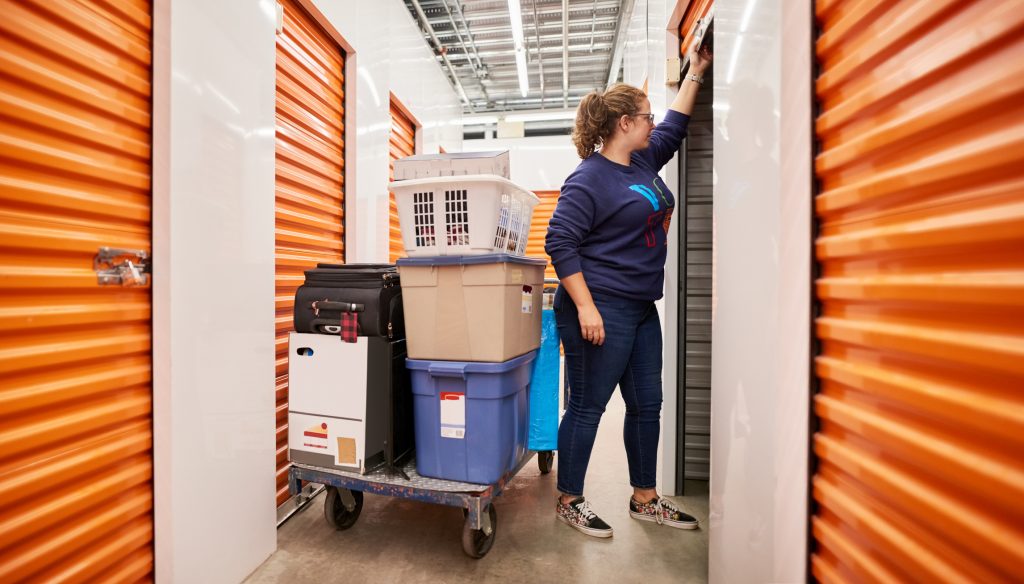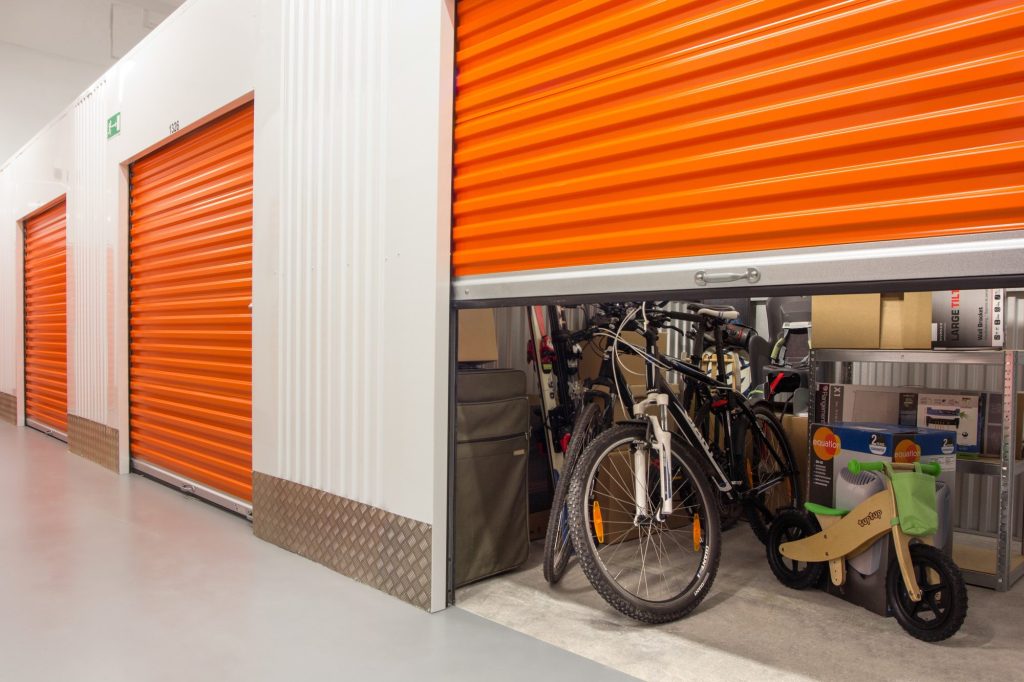In a move to prioritize public safety, many UK storage units have banned lithium-ion batteries due to their flammability and combustible nature.
The ban follows on from increasing incidents involving lithium battery fires, particularly with the surge in battery-powered bikes and scooters during the pandemic. While these vehicles played a vital role in supporting various industries, the upturn in demand also led to a rise in accidents caused by faulty batteries.
Following a spate of fires in the United States, there have been calls for regulation changes regarding their storage. This move from storage units suggests a similar move in the UK could be imminent.
The ban serves as a proactive measure to safeguard public safety and ensure a secure storage experience for all. If you have these batteries (or devices with these batteries) in storage, we strongly recommend that you consult with your provider for clarification on their position.
Read next: 12 Things You Should Never Store In Your Storage Unit
Here Are Some Tips to Ensure Safer Storage and Disposal of Lithium Batteries:
1. Follow Proper Procedures: Follow the manufacturer’s instructions for charging and storage of the batteries. They know best how to handle their specific products safely.
2. Charge Devices Safely: Avoid charging devices under your pillow, on your bed, or on a couch. Charging on a flat, stable surface is recommended.
3. Use Approved Wires Only: Always use the cord and power adapter provided by the manufacturer, specifically designed for the device you’re using. Using the right accessories reduces the risk of accidents.
4. Avoid Over-Heating: Keep batteries and devices at room temperature. Extreme temperatures can affect battery performance and safety.
5. Avoid Direct Sunlight: Avoid placing batteries in direct sunlight, as excessive heat can lead to battery damage or malfunction.
6. Store Away From Flammables: Store batteries away from anything flammable. It’s important to keep them in a safe place, away from potential fire hazards.
7. Be Aware of Signs of Malfunctioning: If a battery overheats, emits an odour, changes in shape/colour, leaks, or makes strange noises, stop using the device immediately. Discontinue use to prevent further risks.
8. Do Not Dispose Of Batteries in Household Waste: Never dispose of lithium-ion batteries in the trash or recycling at home, as it is illegal and potentially hazardous. Instead, individually bag the batteries or tape their ends before proper disposal.
9. Recycle Batteries:Recycle batteries by taking them to a designated battery recycling location or follow disposal instructions provided by your local authority.
By following these tips, we can all play a part in ensuring safer storage and disposal practices for lithium batteries. Let’s prioritize safety and protect our environment together.
Also read: How To Organise Your Self-Storage Unit For Easy Access
Storage insurance can give you added peace of mind, as well. From just £13.49/year you are covered for:
- Theft, fire, flood, pests and more
- There are no hidden fees and no excess, and
- You get immediate certification via email
However, if lithium batteries have been banned at most storage facilities, it is highly likely that no storage insurance will cover you for storing your lithium battery anywhere. Contact your storage insurance company to find out exactly what’s covered.








